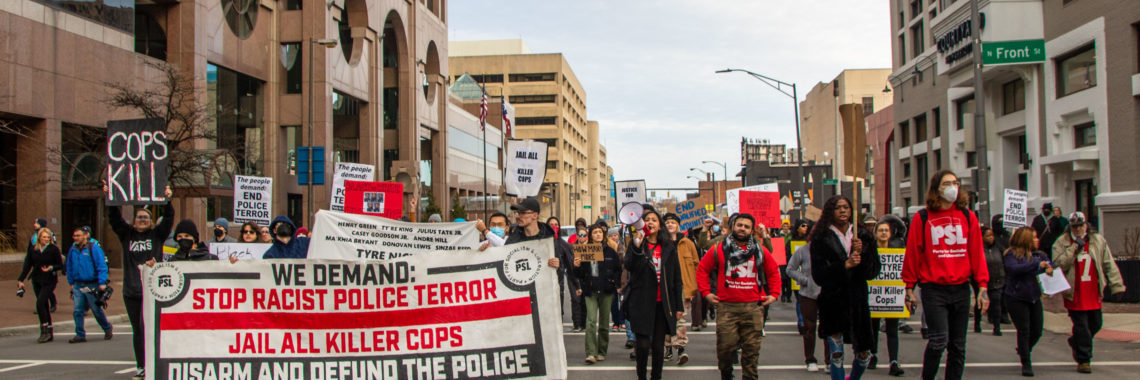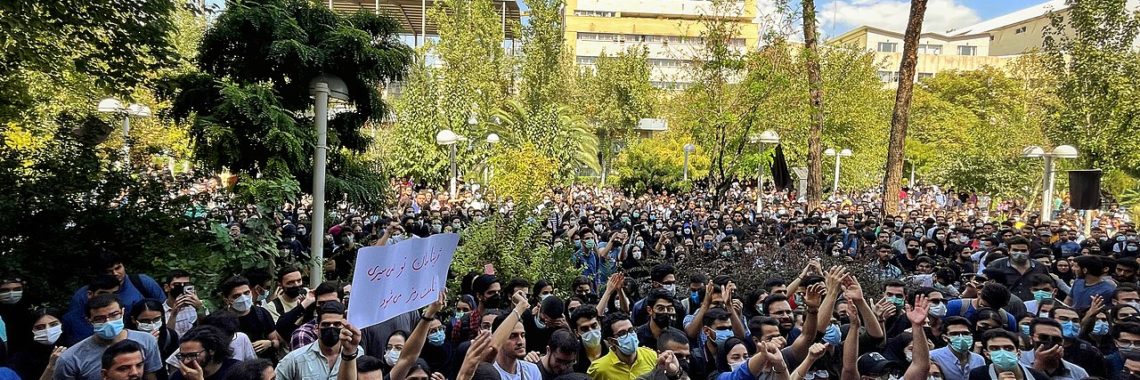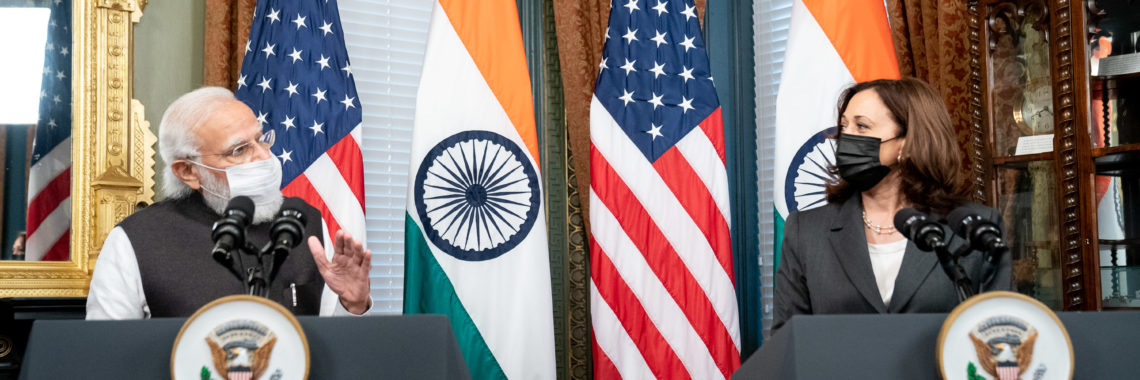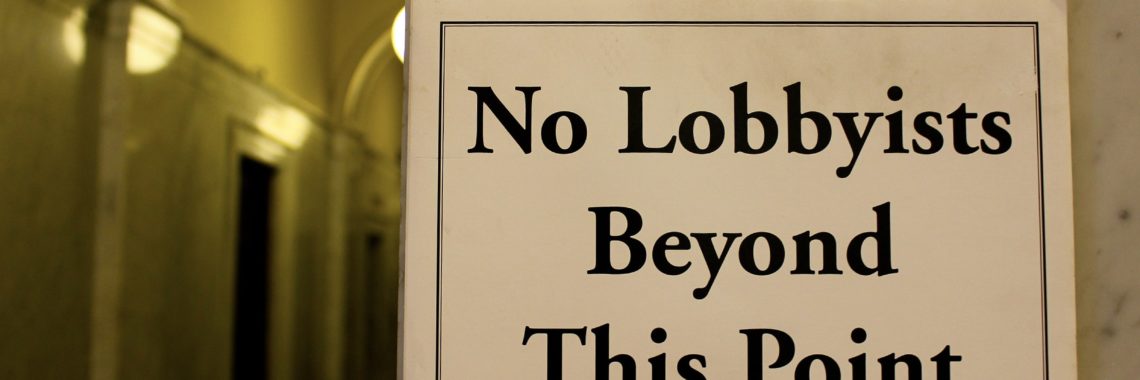“Freedom of Thought and Conscience and the Challenges of AI” by Andrea Pin
Artificial General Intelligence Illustration by David S. Soriano (CC BY-SA 4.0). The capacity to spread misinformation, manipulate people, and persuade them to believe or act in a certain way has been one of the main preoccupations that led to calls for stopping the development of artificial intelligence. The use of social networks to recruit religious…











